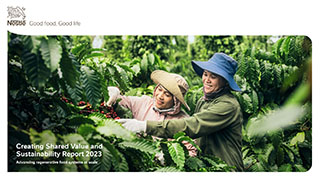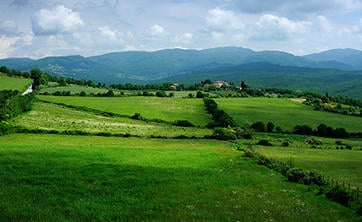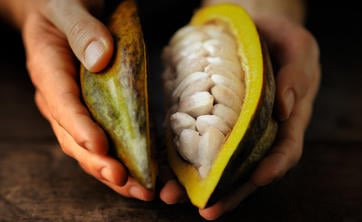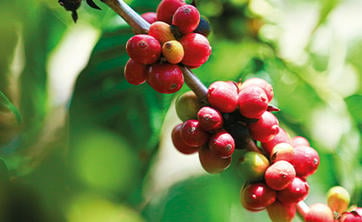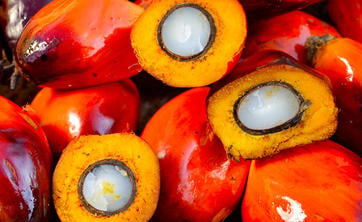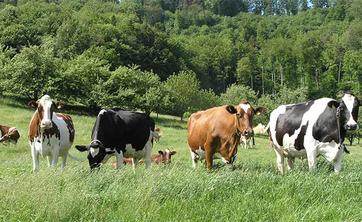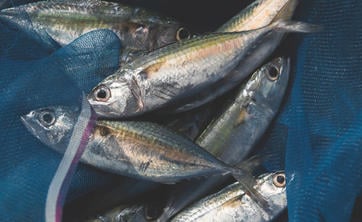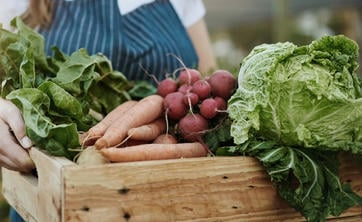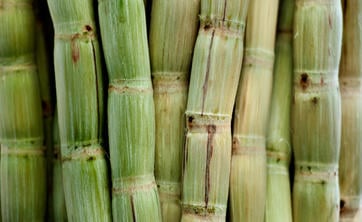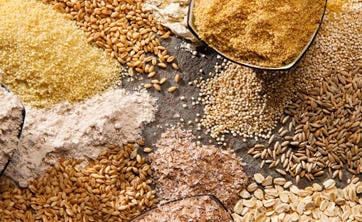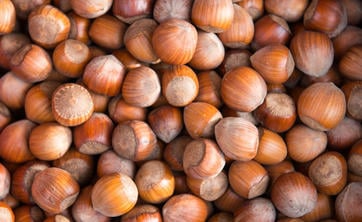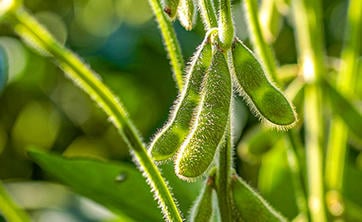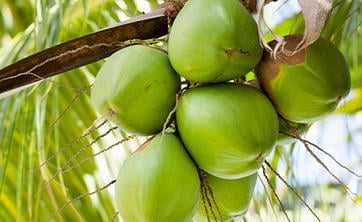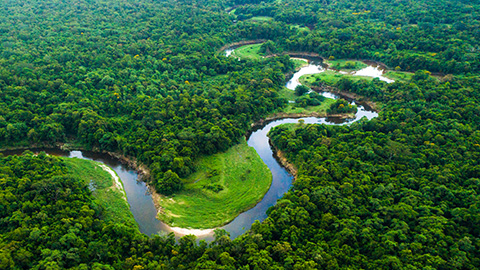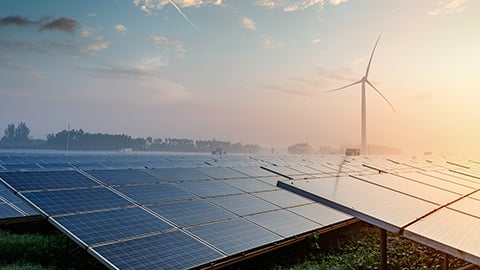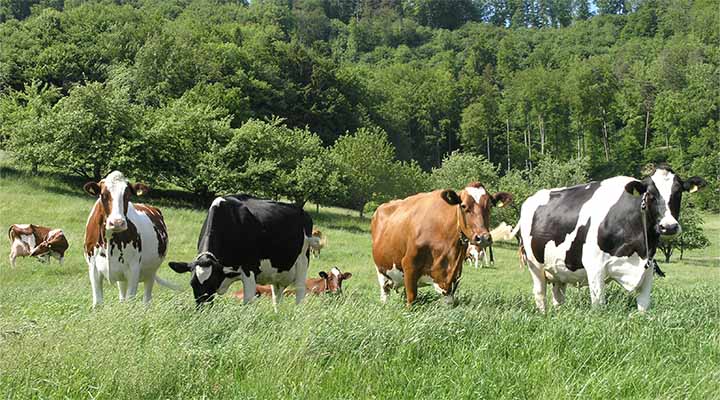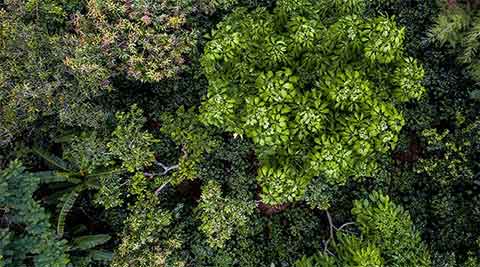Meat, poultry and eggs sourcing

We purchase meat, poultry and eggs from suppliers worldwide.
The meat, poultry and egg supply chains can be large contributors to greenhouse gas emissions and deforestation, issues that we are working with farmers and our suppliers to help address on the ground. All our suppliers are expected to comply with our Responsible Sourcing Standard.
Our progress toward responsible meat, poultry and egg production
Our approach to improving our supply chains of meat, poultry and eggs
Our main sources of meat, poultry and eggs are in North America (the United States) and Europe (France, Germany and Spain). Our Responsible Sourcing Standard sets out basic, non-negotiable standards, as well as important and urgent sustainable practices that we ask our suppliers and the farmers involved in our supply chain to adhere to at all times.
We verify compliance with these practices through farm assessments. We also understand that some actions at farm level require time or industry transformation. Updating animal welfare practices may require time or financial investments in infrastructural changes on farms, such as switching from cages to cage-free production systems.
We partner with our suppliers and other industry stakeholders on collaborative projects to improve animal welfare and the environmental sustainability of livestock production.

Working to eliminate deforestation in meat production
Over more than 10 years, we have worked on the ground to improve the traceability of our raw materials to assess and address deforestation risks in our supply chains. With our suppliers, and through the Consumer Goods Forum’s Forest Positive Coalition, we have endeavored to ensure our meat supply chain is deforestation-free: in 2023, 99.9% was assessed as deforestation-free. We are now committed to maintaining and improving that status.
Read more about our Forest Positive initiative.
Working toward net zero emissions
Our climate pledge to achieve net zero emissions by 2050 continually pushes us to seek new innovations to reduce our emissions. Activities associated with meat, poultry and egg production include land restoration and conservation activities, grazing and feed origins and innovations to reduce carbon dioxide and methane emissions.
We are working closely with farmers in our supply chain to begin sourcing feed for livestock from regenerative agricultural practices, avoiding deforestation and reducing associated carbon emissions. We also help them invest in innovative technologies to improve on-farm operational efficiency.
Collaborating on net zero emissions
In partnership with the National Fish and Wildlife Federation in the United States, Nestlé is enabling the adoption of practices that help improve the productivity of pasturelands, sequester greater amounts of carbon, and restore wildlife habitat. The partnership engages ranchers on an individual basis to identify and subsidize solutions that make the best sense for their particular location, including prescribed grazing, invasive weed management, restoration and management agreements.
In addition, Nestlé has teamed up with the National Pork Board in the United States to support the implementation of sustainable agricultural practices in the fields where feed is grown for our pork supply. In this partnership, the National Pork Board provides expertise to farms that grow pork feed to test the amount of carbon in their soils and identify how best to help increase the amount of carbon stored over time.
Nestlé will fund the implementation of these practices and subsequent testing to verify the amount of carbon reduction and compensate farmers for their efforts. Feed production represents one of the biggest opportunities to reduce the environmental impacts of pork production. Over time, this project has the potential to reach hundreds of thousands of acres of farmland that supports our supply chain.



